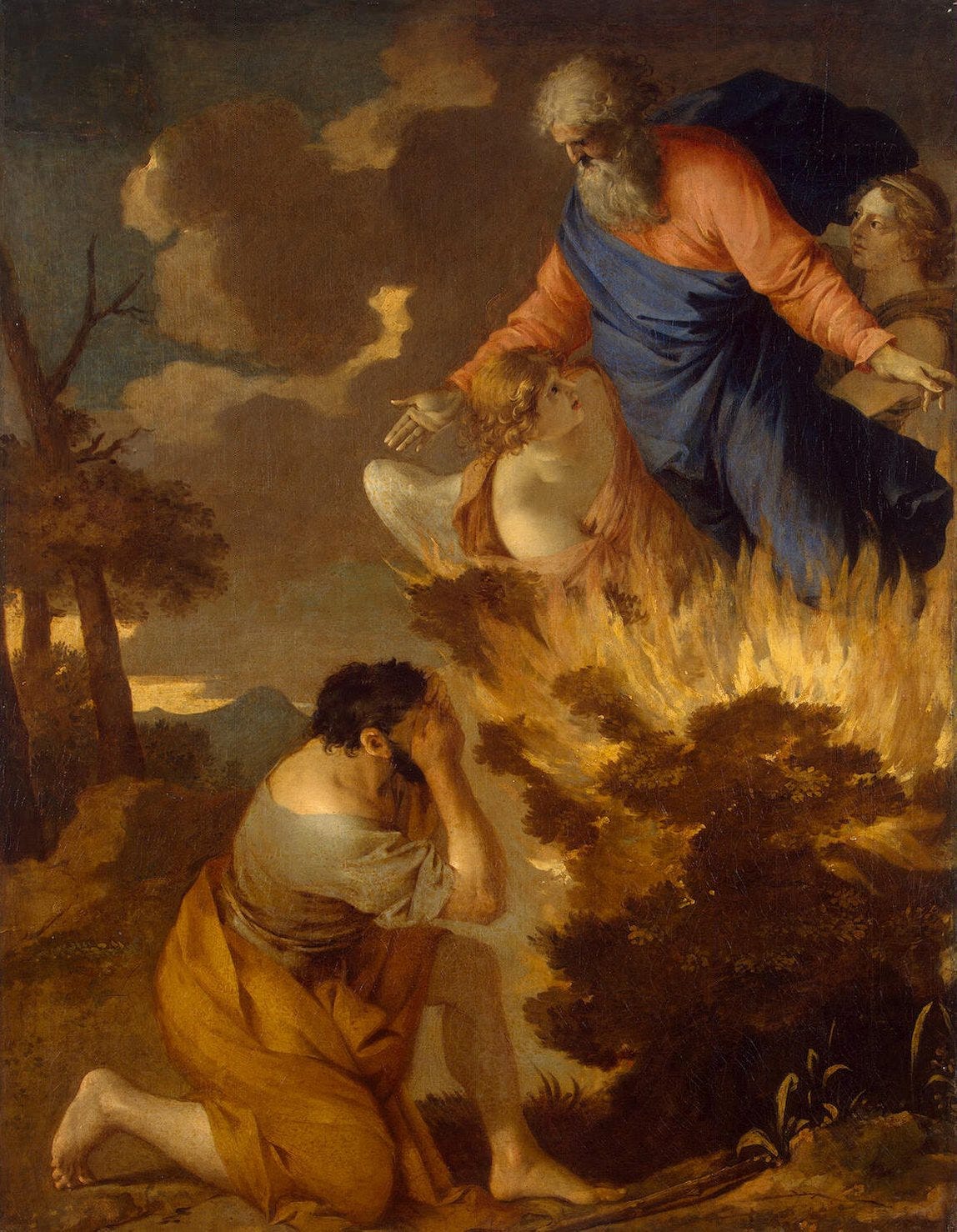The Angel of The Lord: How Jesus appears in the Old Testament
Divine Representative or Pre-Incarnate Christ? Understanding the Angel of the Lord
We are close to the birth of our Saviour Jesus Christ. Is Christmas soon, hallelujah! But did you know that Jesus already appeared in the Old Testament? Perhaps you have heard of the angel of the Lord. He appears in various passages. For many however, he is a mystery. In the following, I would like to argue and explain why I think that the angel of the Lord is God (Jesus) himself, but pre-incarnate. If true, it will radically change our view of the Old Testament.
Theological Interpretations
There are thee common theological interpretation that try to understand the angel of the Lord:
Theophany View:
The Theophany view sees the Angel of the Lord not merely as an angel, but a visible manifestation of God. This interpretation is based on the fact that the Angel has divine qualities, such as speaking as God and accepting worship. “Normal” angels in the Bible always reject to be worshiped. Also, the angel speaks with divine authority in the story of Hagar and promises a future for her son. Hagar's response, calling Him "You are a God who sees me" unmistakably reveals her recognition of His divinity. But more on that soon.
Christophany View:
The Christophany view on the other hand is pretty similar to the theophany view but focuses on the second person of the trinity, that is, Jesus. In my opinion, it is the most compelling view of the Angel of the Lord. He is the pre-incarnate Christ, who was actively involved in the work of God's revelation and redemptive plan long before His incarnation.





